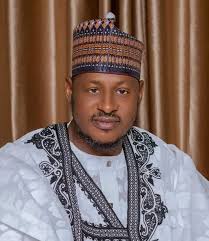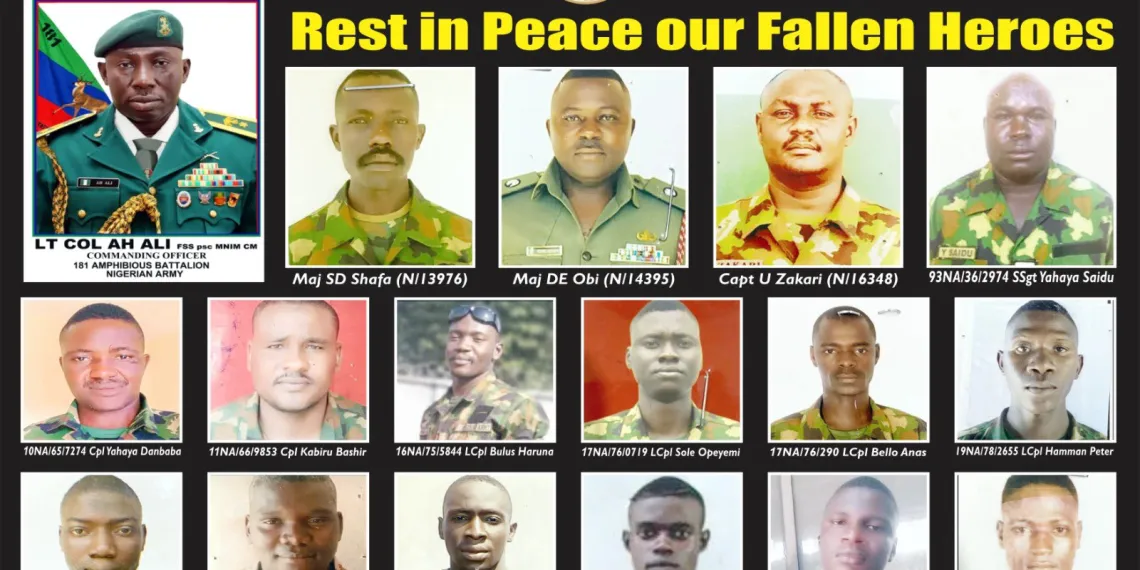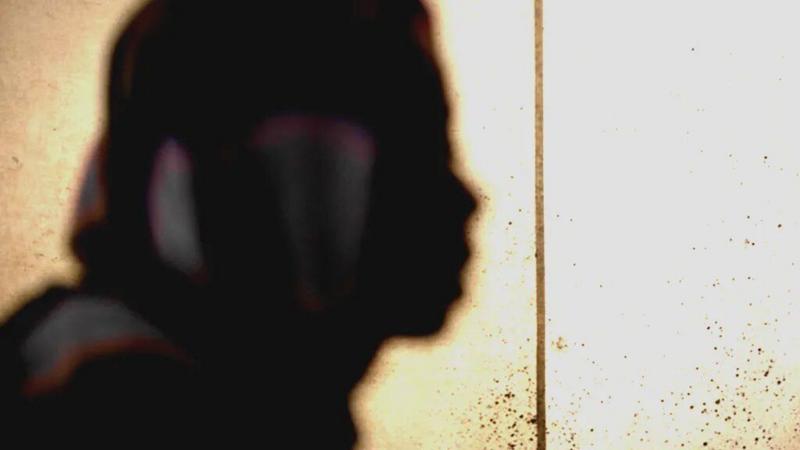TIMES TREND NEWS
 TEN HAG YA YI MAGANA AKAN VAN GAAL, RAUNUKA, DA SAURANSU
TEN HAG YA YI MAGANA AKAN VAN GAAL, RAUNUKA, DA SAURANSU 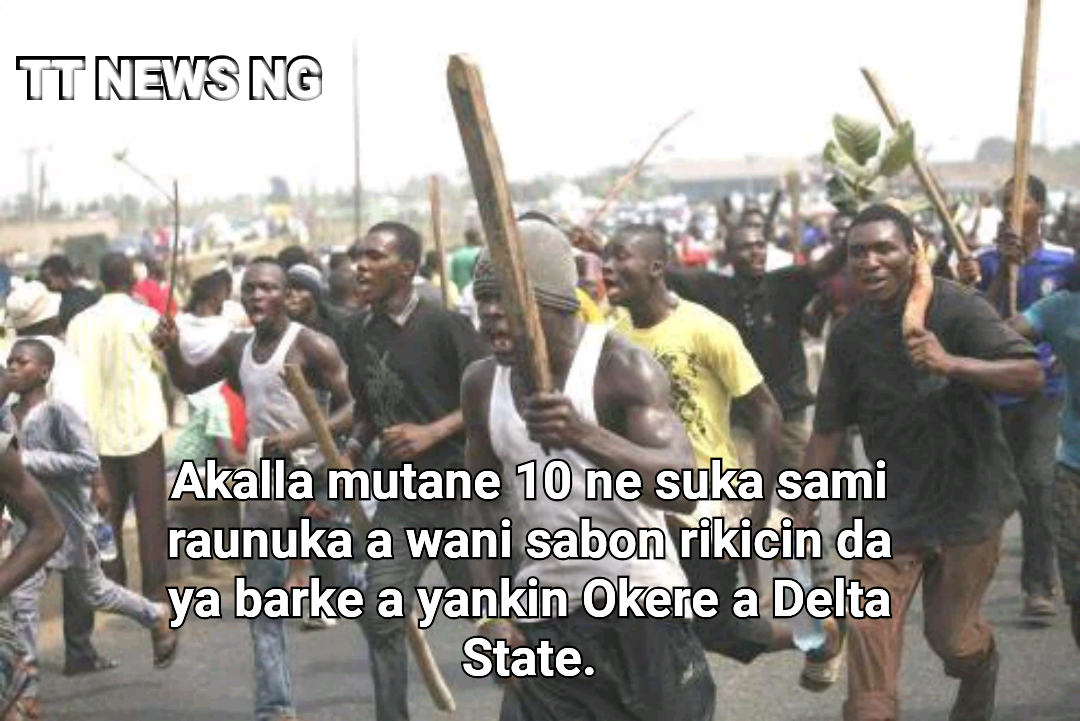 Akalla mutane 10 ne suka sami raunuka a wani sabon rikicin da ya barke a yankin Okere.
Akalla mutane 10 ne suka sami raunuka a wani sabon rikicin da ya barke a yankin Okere. 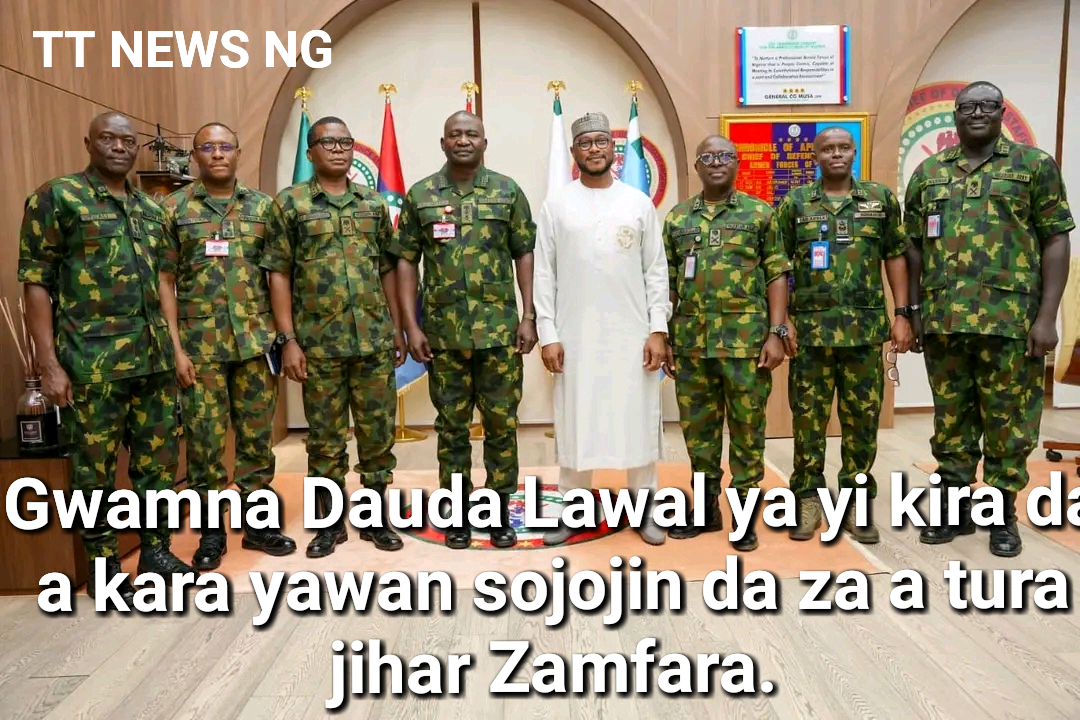 Gwamna Dauda Lawal ya yi kira da a kara yawan sojojin da za a tura jihar Zamfara.
Gwamna Dauda Lawal ya yi kira da a kara yawan sojojin da za a tura jihar Zamfara.  Man Utd na son Frank
Man Utd na son Frank  Zan kayar da masu amfani da siyasa don biyan bukatunsu – Wike ya yi ikirari a Rivers
Zan kayar da masu amfani da siyasa don biyan bukatunsu – Wike ya yi ikirari a Rivers
People who survived the Sudan conflict are facing issues of hunger and sexual assault.

The civilians trapped in the Sudanese civil conflict recounted to us how they were terrorized by rape, ethnic violence, and public executions.
Our correspondent had the opportunity to speak with some individuals in the conflict zone of Khartoum, Sudan's capital city.
Senior United Nations officials have described the conflict as placing Sudan "among the most dire situations for civilians in recent global history," potentially leading to the worst famine conditions in the world.
There are also fears that Darfur, in the western part of the country, might see a repeat of what the United States referred to as a genocide twenty years ago.
Meanwhile, a significant explosion occurred in Omdurman. The police were seen panicking and running, unaware they were heading towards ongoing gunfire: "Turn back, turn back, there could be more explosions," as black smoke filled the air.
Before this, people were beaten on the streets for looting rice, bread, and sauce from recently reopened stores.
By mid-February, Sudanese forces had regained control of the city—one of the areas along the Nile River that form the extensive city of Khartoum.
Civilians are now returning, but the impact of major explosions, like those that occurred in the city streets before, can still be felt.
For foreign media outlets, obtaining reports from this internal conflict, which began in April last year, is challenging, but we were fortunate to gain this insight.
The struggle for power at all costs between the Sudanese military and its former allies, the RSF, has resulted in the death of 14,000 people across the country—with the potential for this number to increase.
For about a year, these two factions have been battling for control of Khartoum and its neighboring cities.
The RSF controls the southern parts of the capital and a significant portion of Darfur, an area that has been in turmoil between African and Arab nations for years.
Women who escaped from Darfur to neighboring Chad told us how they were repeatedly raped—often by armed militants. Their husbands recounted how they narrowly avoided being murdered or kidnapped on the streets.
The team that managed to enter Omdurman with the military was advised on how to carefully report their findings—we were accompanied by a monitor from within our group, but he was prohibited from documenting the actions of the armed individuals.
The military fears any information that could shed light on their operations in the city.
As our photographer began capturing the city's condition following a rocket explosion, armed individuals in civilian clothes surrounded him, with one even pointing a gun at his head.
We later learned these were intelligence agents and armed forces members, highlighting the area's dangers.
Even though the military has retaken control of Omdurman, gunfire can still be heard occasionally.
One faction has stationed itself along the Nile River, which separates Khartoum from its eastern part and Omdurman to the west.
The RSF informed us that the Sudanese military has positioned expert marksmen in buildings across the water, previously the nation's parliamentary buildings.
The once bustling Omdurman market, a hub of activity and tourism, now lies in ruins, with almost all its goods looted. Most of the vehicles seen on the streets belong to the military.
Over three million people have fled Khartoum in the past 11 months, yet some residents of Omdurman have refused to leave. Most of those we met were elderly.
Less than a kilometer from the conflict zone, Mukhtar al-Badri Mohieddin walks with a cane near a mosque whose minaret has been damaged.
"About 150 people have been buried here. I knew many of them, Mohamed, Abdallah, and Jalal," he said, pausing briefly before mentioning Dr Youssef al-Habr, a renowned Arabic scholar.
"I'm the only one left," he added
The Sudanese military has been criticized for using heavy artillery, including in civilian areas where RSF fighters are hiding—though they often claim to take "protective measures" as much as possible to safeguard civilians.
Many have accused the RSF of theft and attacks on individuals while they control an area.
"They took everything from the house, stole cars and TVs, and beat the elderly and women," said Muhammad Abdel Muttalib.
Afaf Muhammad Salem, a woman nearing her 60s, was living with her brother in Khartoum when the conflict began.
She said they were taken near the Nile River through Omdurman after the RSF invaded their home, stealing everything and shooting her brother in the leg.
"They beat women and threatened young girls," she said.
There are reports of sexual abuse that are too sensitive to discuss openly in Sudan.
"Abuse is more traumatic than losing all your money," she said.

